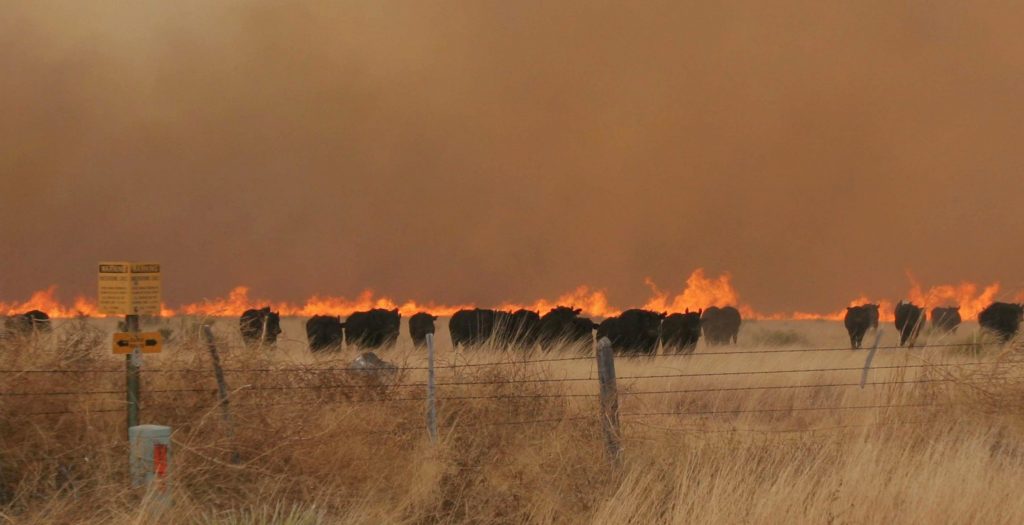By coincidence, the original judge in the Hammonds’ case found a mandatory five-year sentence overly punitive given the circumstances of their crimes.
The Hammonds have served enough time, justice has been served. The president should commute their sentences to time served and send them home.
It’s time to free the Hammonds
Dwight and Steven Hammond, Oregon ranchers serving five-year sentences for burning BLM land, should receive presidential clemency.
At the end of their terms presidents typically grant pardons or clemency to a host of federal inmates whose cases are too politically controversial for all but a lame duck to handle.
It’s time that President Obama grant Dwight and Steven Hammond clemency and allow them to return to their Oregon ranch.
Ranchers in Oregon’s Harney County, father and son have a long history of disputes with the Bureau of Land Management over grazing allotments. Dwight Hammond was convicted of one count related to a fire that burned 139 acres of BLM land in 2006. Steven Hammond was convicted of one count related to the 2006 fire, and a separate count related to a fire in 2001.
The Hammonds received a fair trial and were found guilty. Many believe they had just cause to start the fires and deserved no punishment even if they had technically broken the law. The jury found otherwise, and the original trial court handed down fair, and lenient, sentences.
In addition to lengthy probation, Dwight Hammond received six months in prison, his son one year. The original prison sentences were served.
But those sentences ignored the minimum mandatory five-year sentence prescribed by the federal arson statute. The government appealed, the sentences were overturned and the trial court ordered the Hammonds to serve out the remainder of new five-year sentences.
They have been in federal prison for a year.
That’s enough.
When the crack cocaine trade was destroying minority communities, Congress was pressed to set a strong deterrent. It used its constitutional authority to remove judicial discretion in sentencing. It worked so well on inner city drug offenders that the concept was applied to a wide range of federal crimes.
That is the law. To quote Dickens, the law is an ass.
We understand the appeal of mandatory sentencing. It’s easy, and it demonstrates that criminality won’t be tolerated. But the purpose of prosecution is to serve justice. It’s not supposed to be easy. Removing judicial discretion to weigh the circumstances does not serve justice, even if in some cases judges err and are too lenient. Sometimes, the cause of justice is served by leniency.
President Obama must think so, too. He’s spent the last couple of years speaking out against mandatory sentencing. To punctuate the point, he has granted clemency to drug offenders whose mandatory sentences he has judged unjust and overly punitive given the circumstances of their crimes.
By coincidence, the original judge in the Hammonds’ case found a mandatory five-year sentence overly punitive given the circumstances of their crimes.
The Hammonds have served enough time, justice has been served. The president should commute their sentences to time served and send them home.




Why, over the years, had no one drafted a petition on behalf of the Harmmonds to use their own private land as it is their right, for the federal and state government to remove their fences and anything else they placed onto the Hammonds property, and to leave the Harmmonds alone?
Place the petition online. People will support and sign.
Historically, this is such a tragic imperialistic position by the government to squeeze its people to get what it wants.
People, the public wants to know the names of the government people/person(s) in charge? Independently, each/they are responsible for their own actions, both civilly and socially.
We, the people have the responsibility to abide by the law; the government officials
need to do the same and abide by the law too.
People want justice and are tired of the greed and corruption. This is one reason the people voted for Mr. Trump.
Manifest Destiny, loosely or unloosely stated, for whatever the reason, when does it stop?
Okay